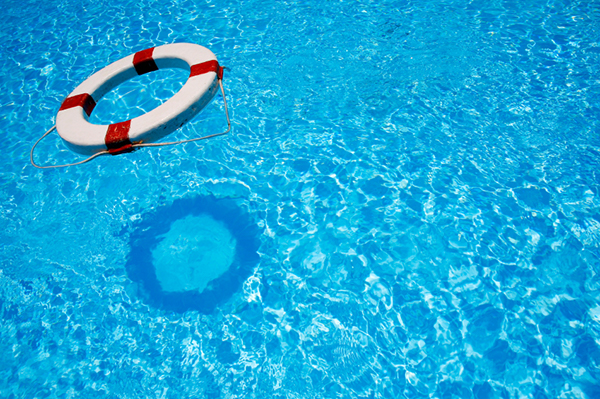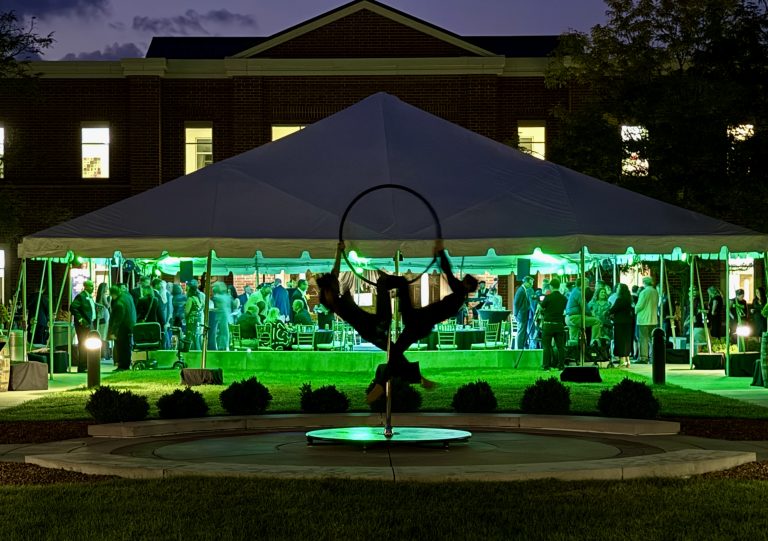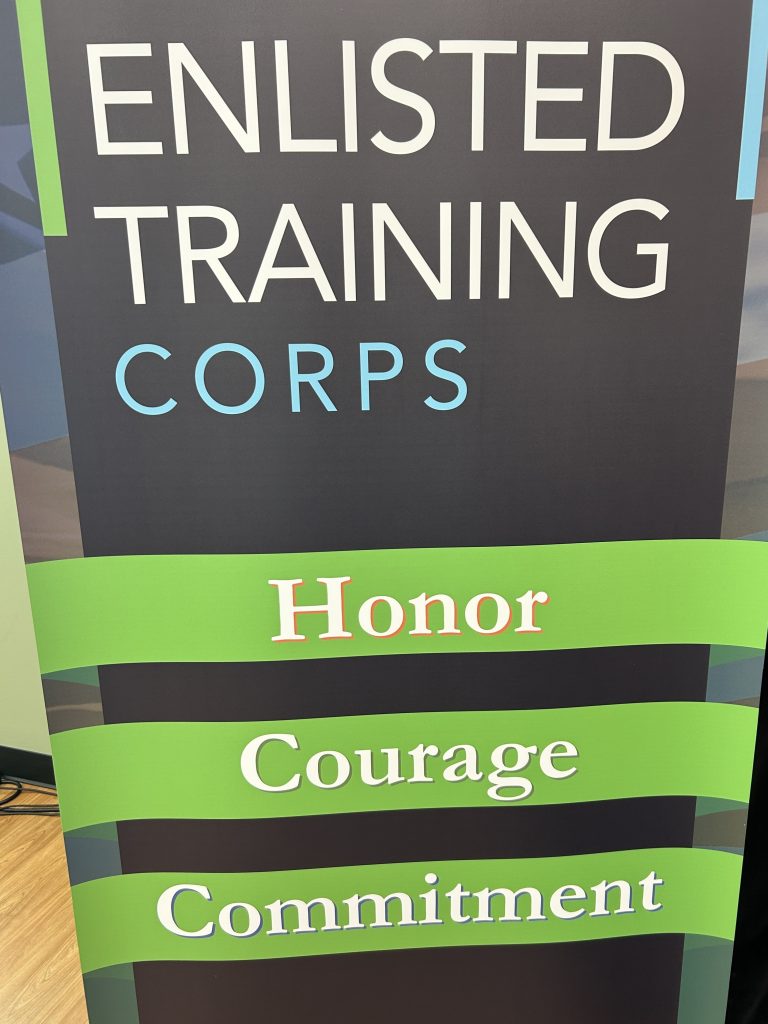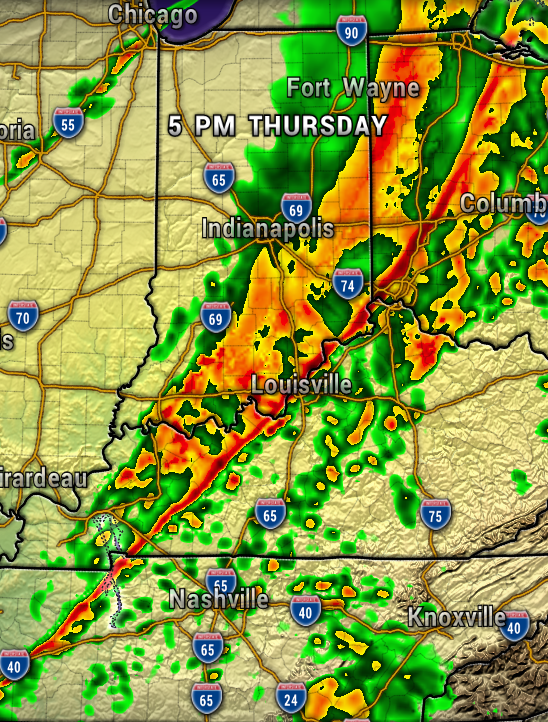
Many parents are unaware of the life-threatening danger.
By Erika Janes, R.N., Injury Prevention Coordinator, Norton Children’s Prevention and Wellness
Imagine you are at a pool party with your young child. Everyone seems to be having a good time and you are watching your child from the side of the pool. You turn your head for a few seconds to ask another mom a question, and when you turn back, your child is struggling in the water. You rush to pull your child out of the pool. Your child is visibly upset, but other than coughing up a little water, seems fine once he or she calms down. Aside from being a panicked parent for a bit, and now more cautious around the pool, you assume your child is safely out of the water and out of danger. You could be wrong.
Many parents are unaware of a life-threatening danger known as “secondary drowning” that can happen after a near-drowning or close call. Even if the child appears well initially, his or her condition can change rapidly and dramatically hours or even days after the event.
If the child breathed any type of water — from a pool, lake, ocean, even a bathtub — into the lungs, damage to the lungs could occur. Water-damaged lungs can no longer provide oxygen to the body. Respiratory problems develop and can become irreversible in a matter of minutes, leading to secondary drowning. Because of the danger, it is critical that anyone who experiences a near-drowning or other close call in the water seek emergency medical care immediately.
Signs to watch for include:
Change in level of consciousness or personality
Extreme tiredness or weakness
Cough with or without pink, frothy mucus
Whistling or abnormal sounds while breathing
Vomiting
Breathing fast or not at all
Turning blue
Unconsciousness
Remember, anyone who experiences a near-drowning or close-call event must be seen by a medical professional after being rescued from the water.
Drowning is preventable. Active supervision is key to ensuring water safety, from the bathtub to the neighborhood pool.
Active supervision means:
Staying alert and avoiding distractions such as reading, eating or talking on the phone
Never taking your eyes off children or leaving them unattended in or around water
Continuously scanning the water’s surface and the bottom of the pool
Stopping unsafe play and running in the pool area
Knowing where to locate and how to use pool safety equipment
Keeping a phone near the pool for emergency use only
Do you want to learn more about water safety and keeping your child safe? Call 502.629.KIDS for more information and to request a Water Watcher card.




















